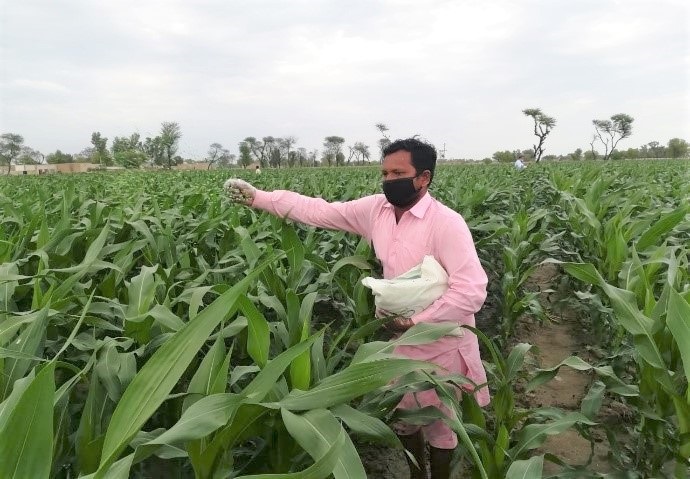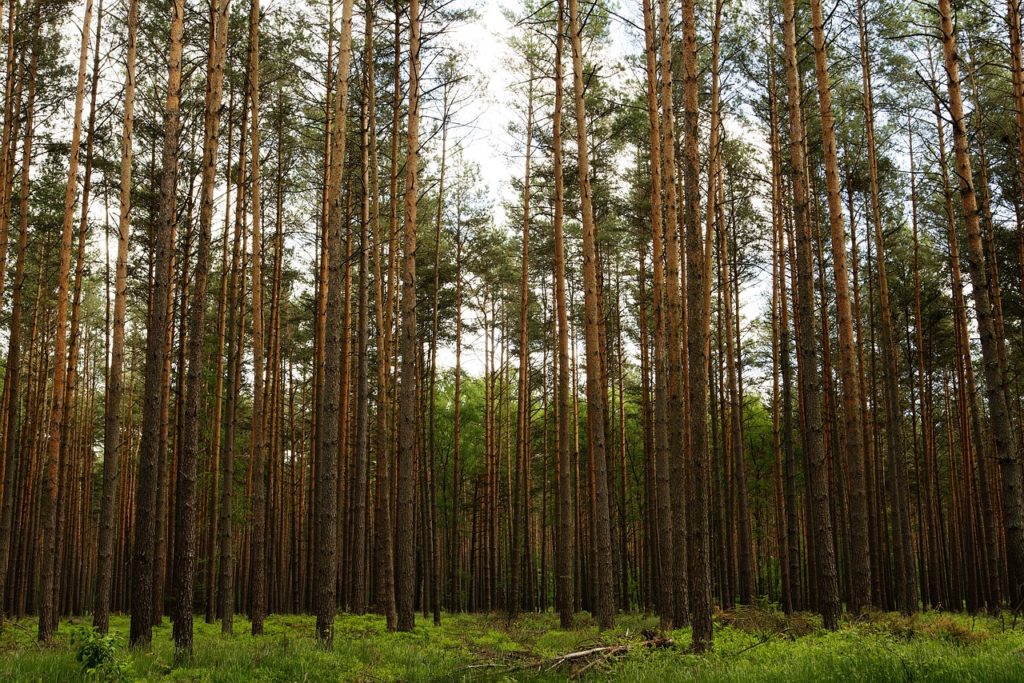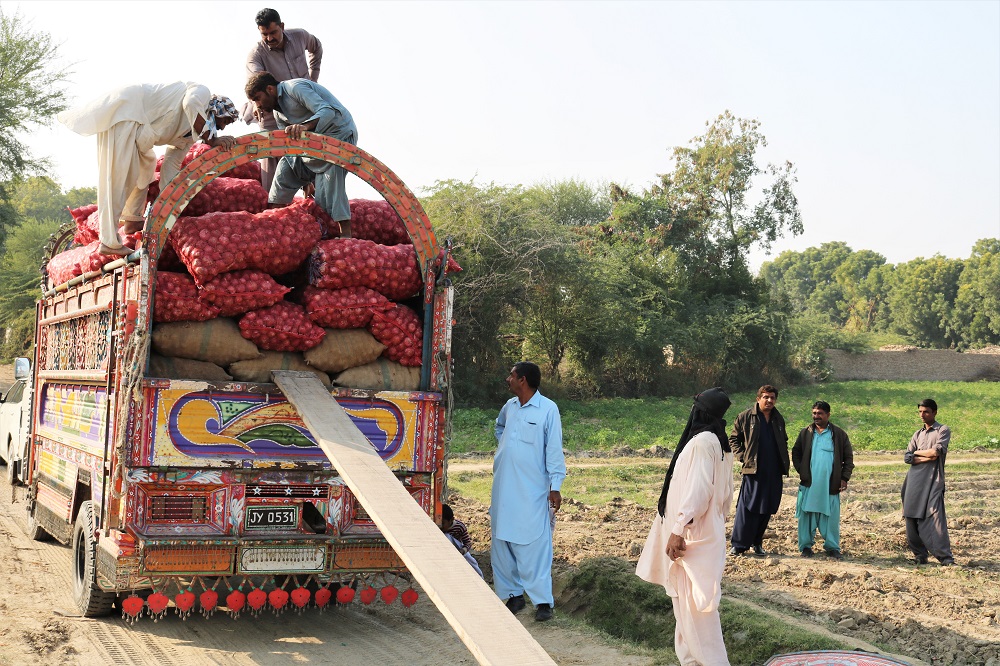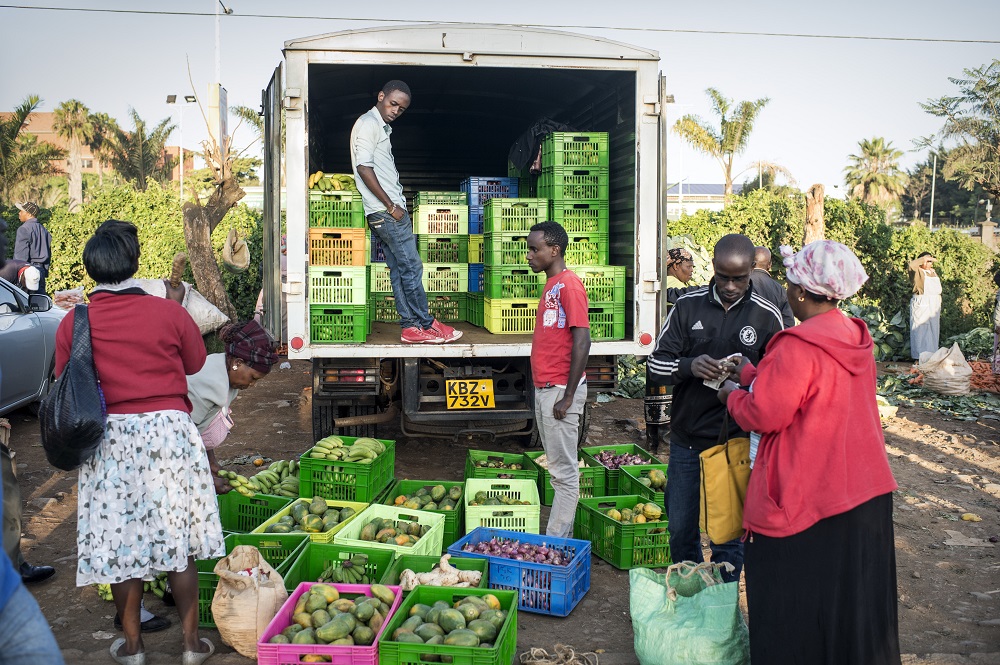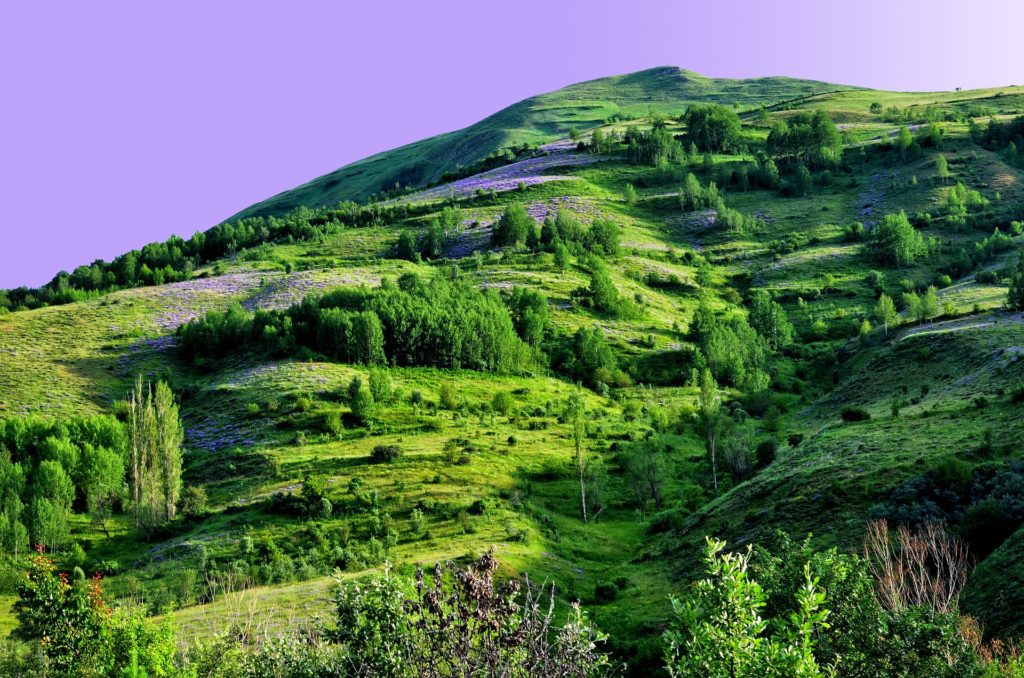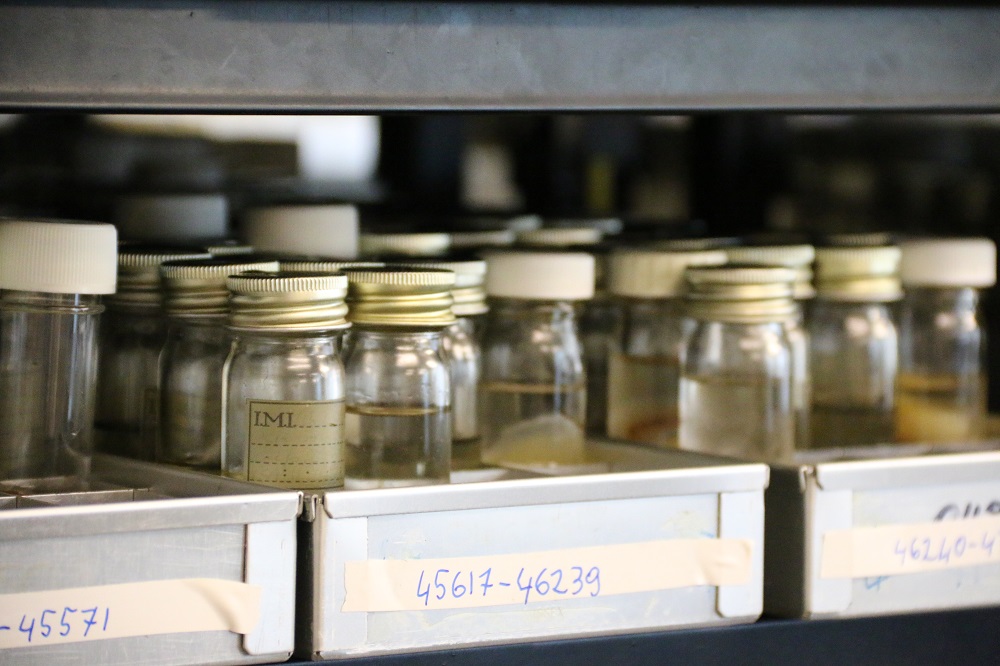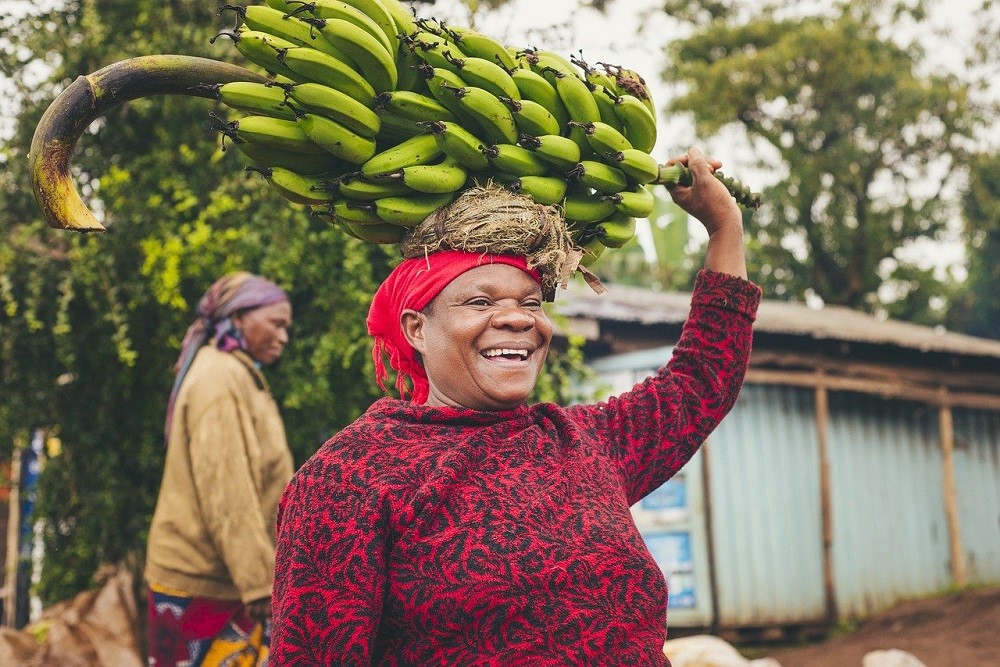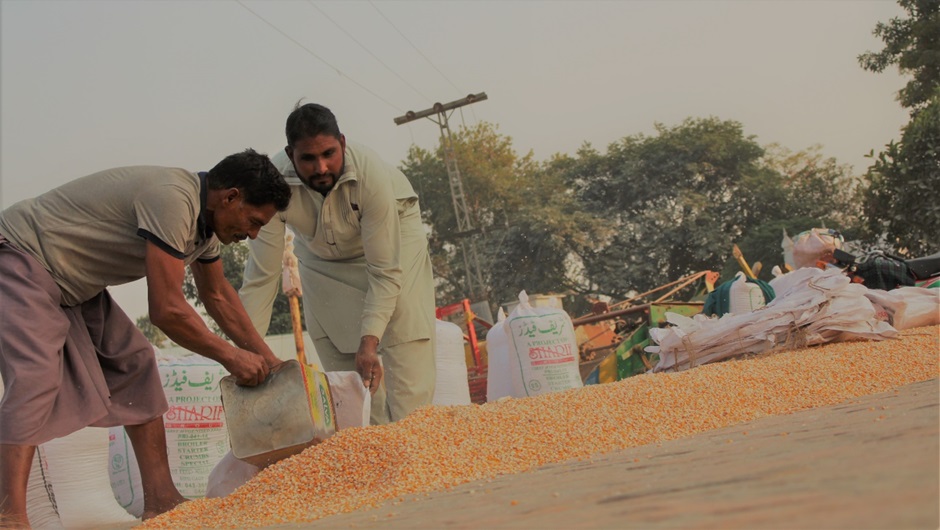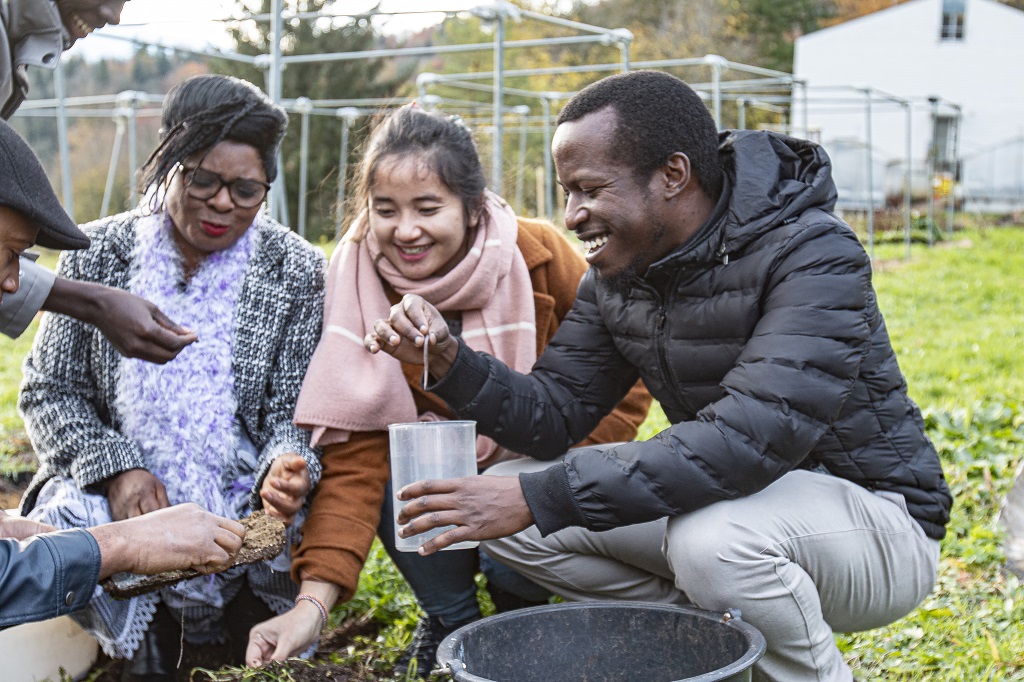Working in partnership to increase safe and efficient trade of agriculture in East Africa
CABI, together with a law firm KO and Associates, have been contracted by Land O Lakes Venture 37 (V37) TRASE (Trade in Agriculture Safely and Efficiently) project, funded by the United States Department for Agriculture (USDA), to conduct a comprehensive assessment of sanitary and phytosanitary (SPS) systems implemented in the East African Community (EAC).
‘Banana and I’: Sharing the ‘appeal’ of better banana management in Uganda through drama
CABI has worked with farmers to develop a video drama on the subject with five episodes translated into two languages. Created for small scale banana farmers in Uganda with contributions from farmers, the dramas are also performed by farmers themselves to increase their local appeal, encourage more efficient farming practices and ultimately increase productivity for banana growers.
Summer studentship for young scientists announced by Global Burden of Crop Loss initiative
The Global Burden of Crop Loss initiative, announces a summer studentship programme providing young scientists with the opportunity to contribute to an exciting and important global effort to develop a global data-driven system to report losses to agricultural crops caused by pests and diseases.

